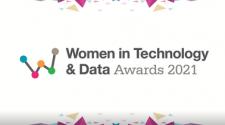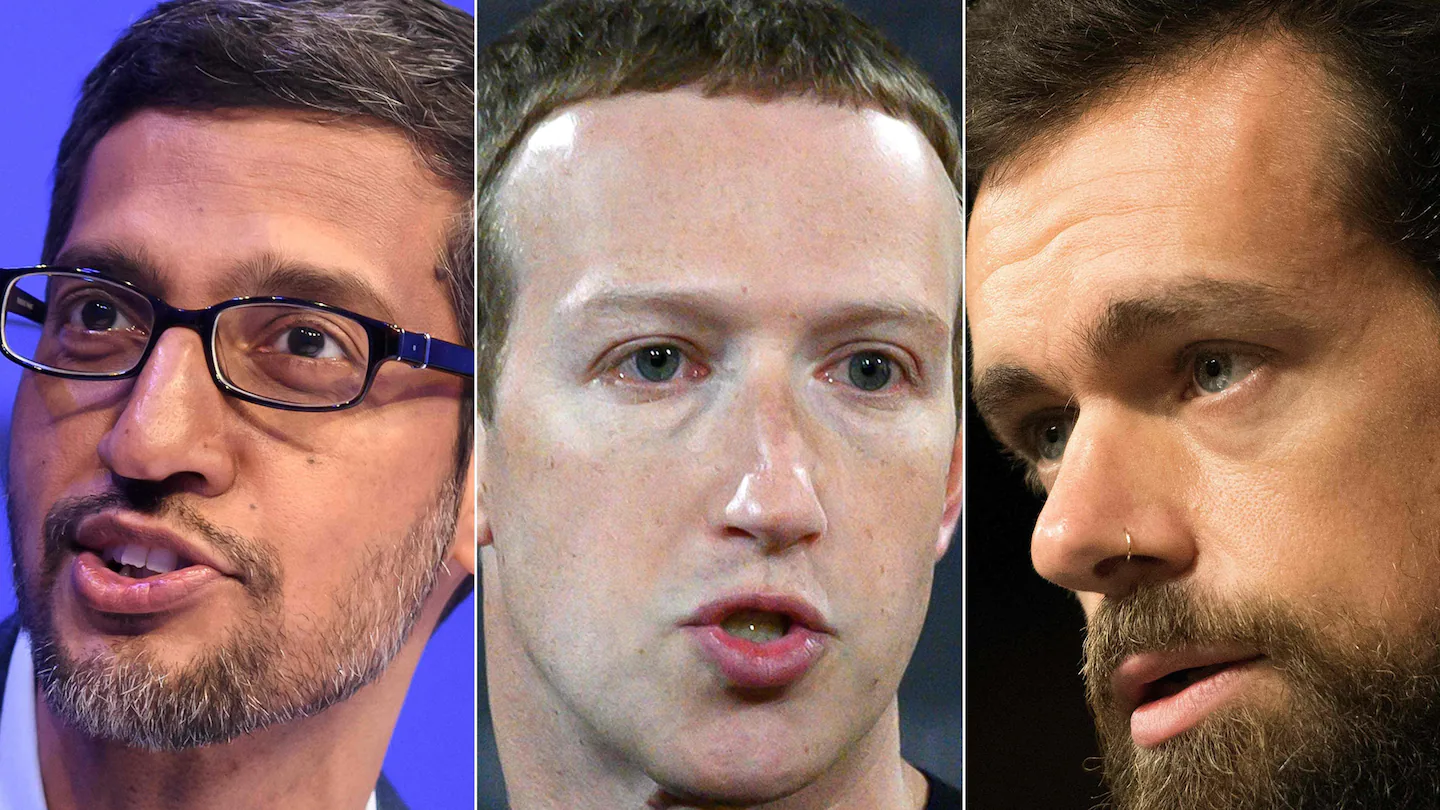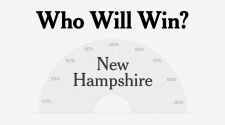Twitter CEO Jack Dorsey will emphasize the company’s newest initiatives for battling misinformation and the need to build trust with users during his testimony before Congress.
It’s the executive’s fifth time testifying, including his November appearance in the wake of the 2020 election. That time, Dorsey eventually got around to defending the company’s efficacy in limiting the spread of election-related misinformation, but not before answering questions about familiar pet concerns from lawmakers.
He is likely to face some of the same lines of queries from members of Congress, including unsubstantiated claims of conservative bias on the social media network from Republican lawmakers, and Twitter’s policies aimed at quashing extremism from Democrats.
The spread of extremism on the social media networks will be top-of-mind after the Jan. 6 attack on the U.S. Capitol, and Dorsey plans to say that the company “grapples with complex considerations on how to address extremism and misinformation,” while also leaving room for free expression.
In his prepared testimony, Dorsey said that increasing polarization has created a need for Twitter, and other institutions, to build trust with constituents.
“Quite simply, a trust deficit has been building over the last several years, and it has created uncertainty — here in the United States and globally,” according to his remarks. “That deficit does not just impact the companies sitting at the table today but exists across the information ecosystem and, indeed, across many of our institutions.”
Twitter, Dorsey wrote, is working to build trust by being transparent about its policies, allowing users to appeal violations and by increasing algorithmic choice — or giving users more control over what they see on the site.
Dorsey highlighted the company’s work in restricting misinformation about the coronavirus and its vaccines, an area officials have expressed concern about. A group of a dozen state attorneys general sent a letter to both Twitter and Facebook this week, pressing for them to do more to stop harmful misinformation about vaccines from spreading online.

















